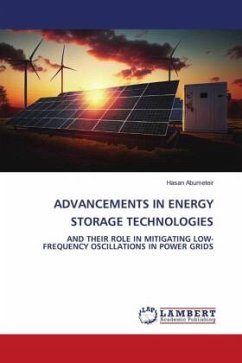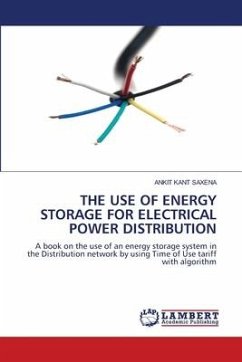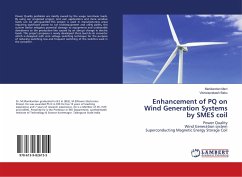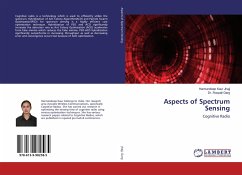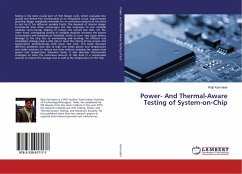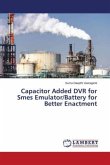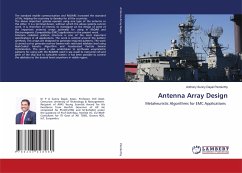This book investigates the potential benefits of superconducting magnetic energy storage (SMES) and battery energy storage systems (BESS) to mitigate low-frequency oscillations in power systems by integrating renewable energy sources, such as photovoltaics and wind energy conversion systems. The proportional integral derivative (PID) and fractional-order PID (FOPID) controllers are proposed as contributor controllers for the SMES and BESS systems. The parameters of the PID and FOPID controllers are optimized using the particle swarm optimization method. Both inter-area oscillation and local area oscillations are considered in this work. To verify the designed controllers, the case studies are conducted in a multimachine power system with multiple renewable energy integration and energy storage systems. The dynamic performances of the designed controllers are presented and compared in detail. The studies are carried out by both time-domain analysis and eigenvalues analysis methods. The results show that the FOPID controller is superior to the classical PID controller.

